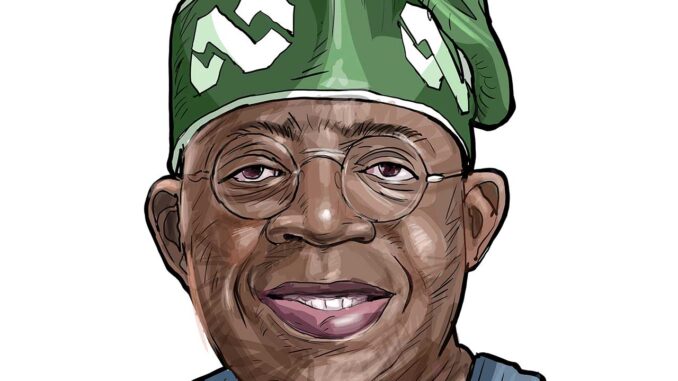
ONE of the key assumptions underpinning President Bola Tinubu’s 2025 budget is an inflation rate of 15 per cent. While many agree that inflation will decline in 2025, the projection appears overly optimistic.
Inflation remains a persistent challenge for Nigeria, having reached record levels since Tinubu assumed office in May 2023. Over the past 18 months, prices have significantly outpaced incomes, largely due to Tinubu’s core economic policies: the removal of petrol subsidies and the floating of the naira.
As of November 2024, inflation surged to a 28-year high of 34.6 per cent, compared to 28.2 per cent in November 2023. This spike has been driven by various factors, including higher food and transportation costs, increased housing and utilities expenses, infrastructure deficits, insecurity, low agricultural output, rising energy prices, and higher input costs for manufacturers.
The 70 per cent devaluation of the naira since May 2023, in a heavily import-dependent economy, has tripled the prices of imported goods. Food inflation reached 39.9 per cent in November.
Before Tinubu’s reforms, inflation was already elevated at 22.7 per cent in May 2023, fuelled by monetary and fiscal distortions, structural economic challenges, exchange rate volatility, rising food prices, and low FDI inflows.
Projections by key institutions suggest a less optimistic outlook. The World Bank predicts Nigeria’s inflation will fall to 14.3 per cent by 2027, not 2025, provided ongoing macroeconomic reforms remain on track.
The African Development Bank projects a 20.7 per cent inflation rate, while Fitch Ratings forecasts 26.2 per cent by the first quarter of 2025.
Achieving the ambitious 15 per cent inflation target for 2025 will require overcoming significant hurdles.
Nigeria’s economy remains unduly reliant on crude oil exports, which account for over 90 per cent of its foreign exchange earnings.
While crude oil production has improved to 1.8 million barrels per day as of November due to reduced oil theft, oil prices remain volatile.
Meanwhile, the country’s limited industrial base and heavy dependence on imports for essential goods, including food and manufactured products, continue to exert pressure on the naira.
Despite the CBN’s efforts to unify exchange rates, the gap between the official and parallel market rates persists due to foreign currency shortages, market speculation, and weak export earnings.
Exchange rate volatility further amplifies the cost of imports, complicating efforts to control inflation.
The CBN’s aggressive monetary policy stance, including six benchmark interest rate hikes in 2024, has resulted in a cumulative increase of 875 basis points to 27.5 per cent.
However, an elevated money supply undermines these efforts. Broad money reached an unprecedented N109tn in September, a year-on-year increase of 62.8 per cent from N66.94tn in September 2023. Without addressing the excess money supply, inflation-targeting measures will remain ineffective.
Nigeria’s fiscal deficit poses another major challenge. The 2025 budget projects a deficit of N13.08tn, equivalent to 26.3 per cent of total expenditure and 3.89 per cent of GDP. Meanwhile, N15.81tn or 45 per cent of projected revenue, is allocated to debt servicing, highlighting the economy’s severe fiscal constraints.
To address these challenges, the proposed tax reforms are crucial. These reforms must be implemented without delay to improve revenue generation. Additionally, the government must demonstrate greater fiscal discipline and prudence to reduce wasteful spending.
Boosting FDI inflows is crucial for reducing inflation. Ayo Teriba, the CEO of Economic Associates, says Nigeria’s inflation rate could drop to 5.0 per cent by 2025 if the country attracts $50 billion in FDI. Such investment would strengthen the naira, stabilise exchange rates, and improve key macroeconomic indicators that currently exacerbate inflation.
Nigeria must confront its structural challenges to address inflation sustainably. The government should invest in infrastructure, improving the power supply, ports, and roads to support economic diversification. It should tackle insecurity and promote agricultural productivity.
END

Be the first to comment